
You hear from game developers a great deal here on PlayStation Blog, both as guest authors and in interviews. But while game developers are of course at the very heart of what makes PlayStation tick, there’s also a huge network of supporting players who work together to help bring you the games you love.
I’m talking about the wizards who design beautiful box art, the video specialists who craft eye-popping trailers, the producers who pull out their hair to keep projects on track, the amazing minds who localise your games into umpteen different languages, and so on.
So, every Saturday for the next few months, I’ll be shining the light on one such unsung hero, finding out exactly what they do, eking out a few words of wisdom for those of you with aspirations of working in the games industry, and generally giving you an idea of what goes on behind the scenes here at PlayStation.
Kicking things off is Ben Andac, who works here at SCEE HQ as a Producer in our sexier-than-it-sounds Strategic Content division. Take it away Ben…
When and why did you join PlayStation?
Ben: I originally joined PlayStation at the launch of PS3 back in 2007. After several happy years here I went to Asia and improved my language skills before returning to PlayStation again last year (bringing a love of Sake and Boba Tea with me). I joined because PlayStation.
What exactly do you do at SCEE?
Ben: I believe my title is “Producer of Awesome”, so that says it all right? My background is in development, as a game and level designer, and I’ve really enjoyed those experiences. Design requires a number of technical skills and more nebulous traits such as great communication and problem solving, which led me into consultancy and then into this role where I essentially act as a facilitator for other developers who want to work with PlayStation.
As part of this, the other main part of my job is simply to go out to game jams, indie meets, and events like PAX to talk with creators and find out what they love, what they hate, what they would like to make, and how I can make it easier for them to do so with PlayStation, now and in the future. This can range from very specific tasks such as helping them with game design to talking them through scary-sounding legalese and submission processes. I also have to make tea for them.
What’s the best thing about your job?
Ben: The happiness I feel helping developers get their creations out and into the hands of loads of people. On that note, it’s also the people I work with – #baus, Shahid, Lorenzo, Spencer, and so many others I can’t list. Wait, I do want to thank Pippa for bringing me the lovely Finnish chocolates I asked for, and Lisa and Nainan for the best Christmas gift ever.
What’s been your proudest or most enjoyable moment at SCEE?
Ben: So far: being part of the PlayStation 4 launch. Pretty sure I’ll be looking back and telling my grandchildren about it like a broken record until they decide to stick me in a home.
What was the last game you played, and what will be the next one?
Ben: Currently playing OlliOlli. Next will be [REDACTED]… I mean, TxK. There are so many I’m looking forward to this year to be honest: Velocity 2X, Broken Age, Samurai Gunn, Hotline Miami 2, Infamous: Second Son, Road Not Taken, Transistor, Galak-Z. Beyond those, whatever Naughty Dog, The Fullbright Company, and Jon Mak are working on next (Sound Shapes is probably my favourite Vita game ever!), Metal Gear Solid V, No Man’s Sky, and I’m personally most excited about Hyper Light Drifter. Straight into my veins please.
I’m fired aren’t I?What advice can you give to someone wanting to break into the games industry?
Ben: A few things. Firstly, and this applies to whatever industry you hope to work in: Be nice! Most industries are quite small and people will remember if you’re a dick; the games industry is no exception.
Secondly, be patient and try not to get frustrated if it feels like things aren’t happening or panning out for you exactly the way you want. Sometimes it requires being in the right place at the right time, so rather than stressing over the minutiae of your CV (although saying that, make sure there are no spelling errors in your CV or cover letter!) just get your head down, work hard, improve yourself, and do a good job. No matter the role, the environment, or the people around you – the right people will notice if you’re doing a good job, and the opportunities will just come.
For games specifically, it really depends on what you want to do as you can specialise in a number of fields – art, programming, or design – but simply if your goal is to be a developer the best thing to start with is just learning how to code (C++, Lua, C#) and learning how to use game building tools that are available for free (such as Unity, GameMaker, and PhyreEngine). You don’t need to become a coding wizard (tangent: listen to Idle Thumbs!); it just takes a few months to pick things up and start making your own games – it’s really an amazing thing!
If you’re interested in production then the only thing you really need is to be an organised person; be able to multitask and be empathetic. Taking some courses in project management and learning agile production/development methods such as Scrum won’t do any harm.
This is getting long now; we can continue in the comments section. Thanks for reading. Bye!



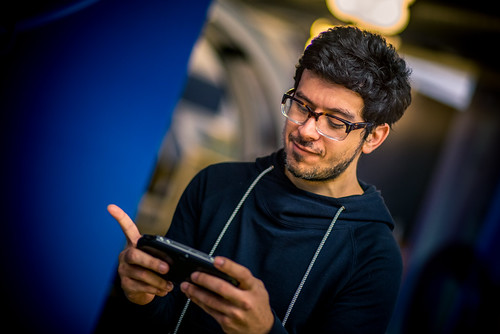
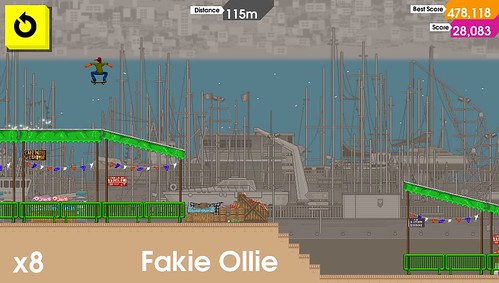
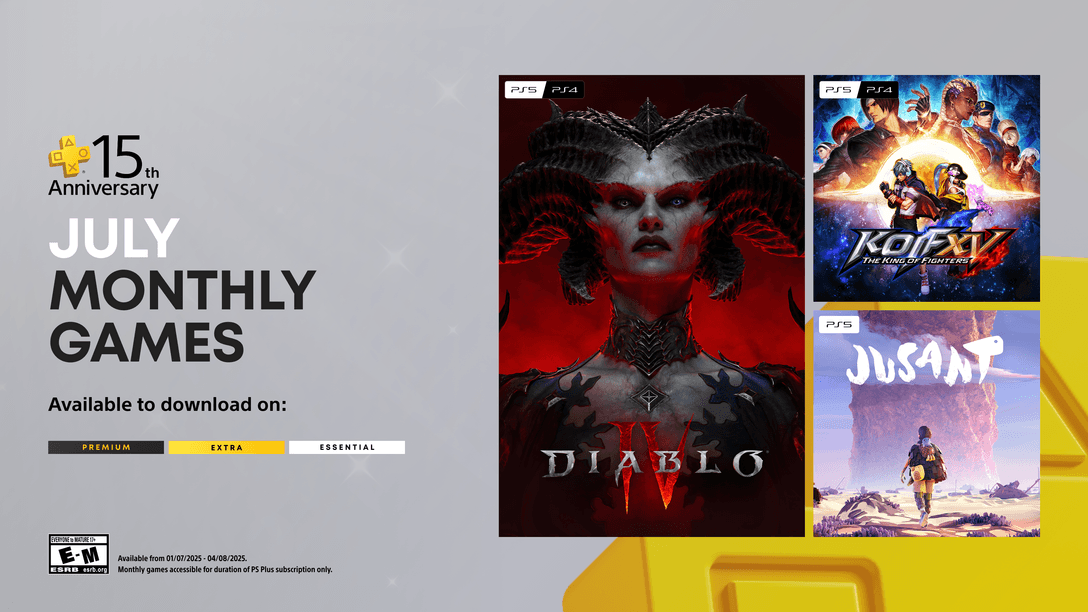
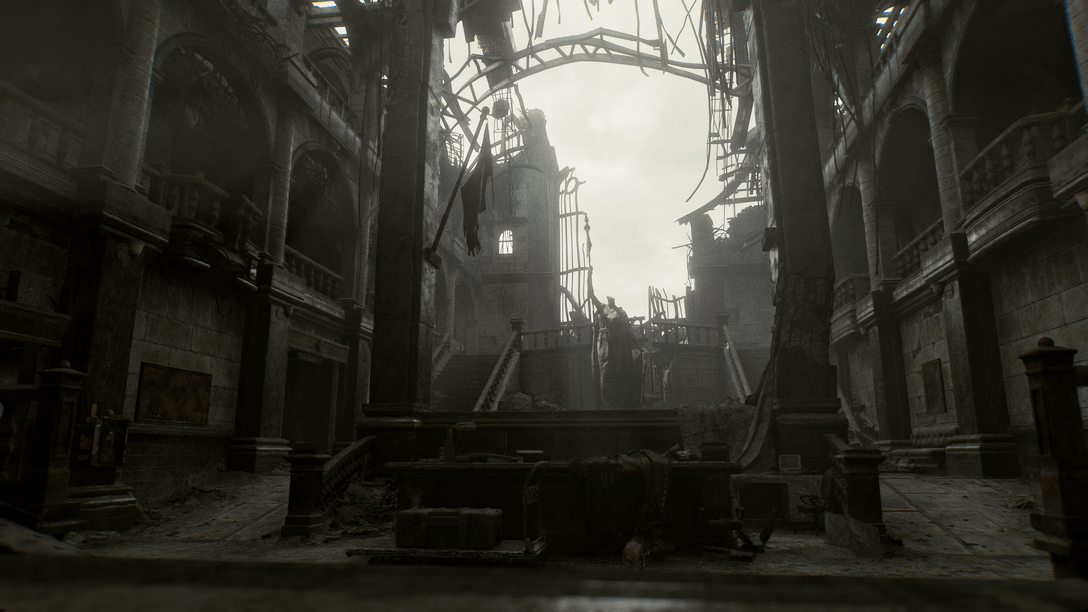
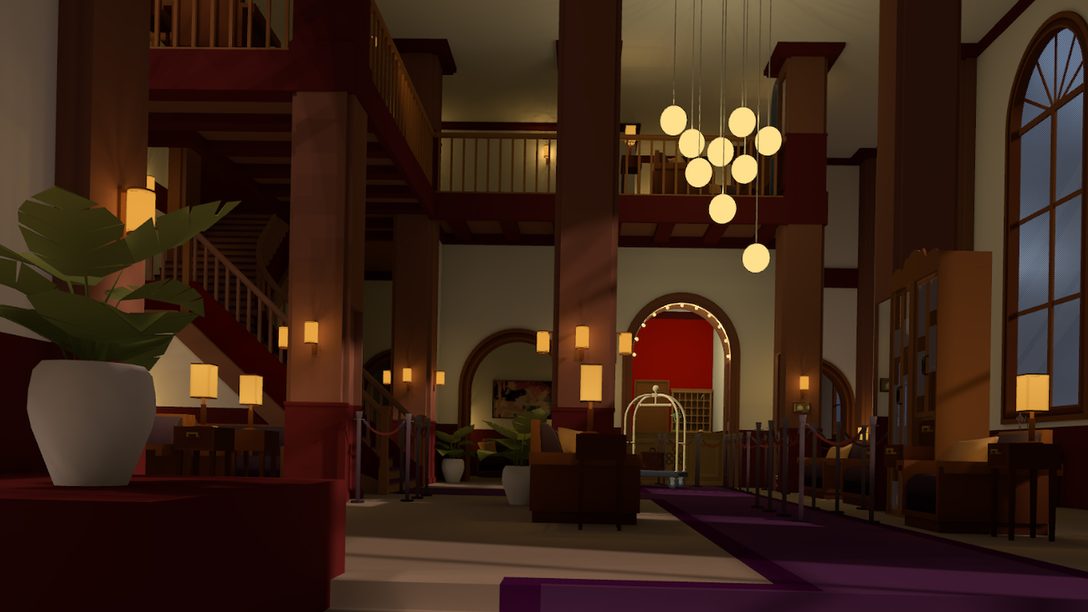
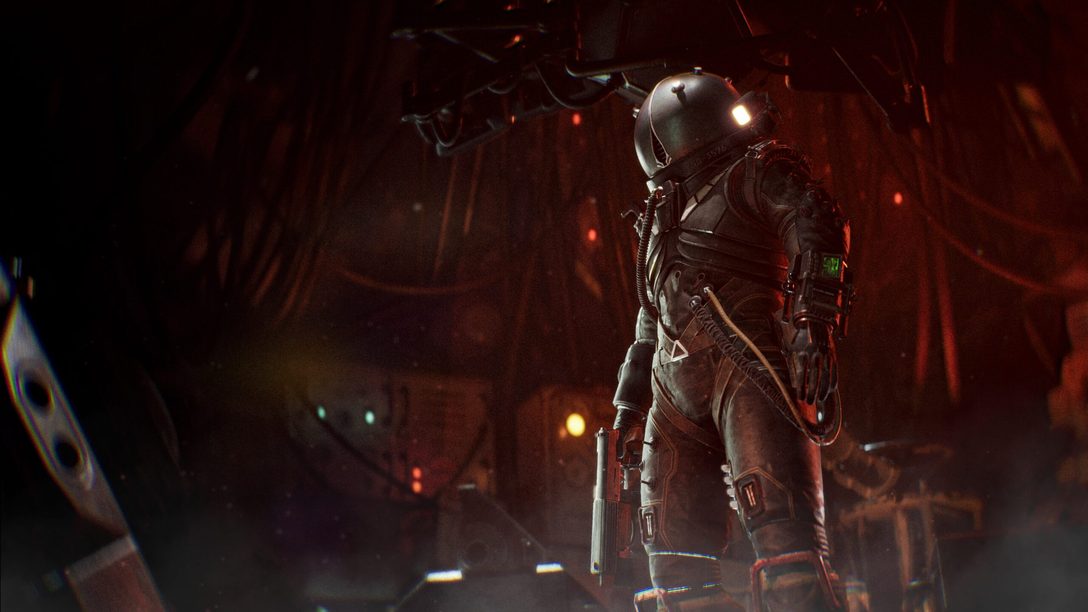
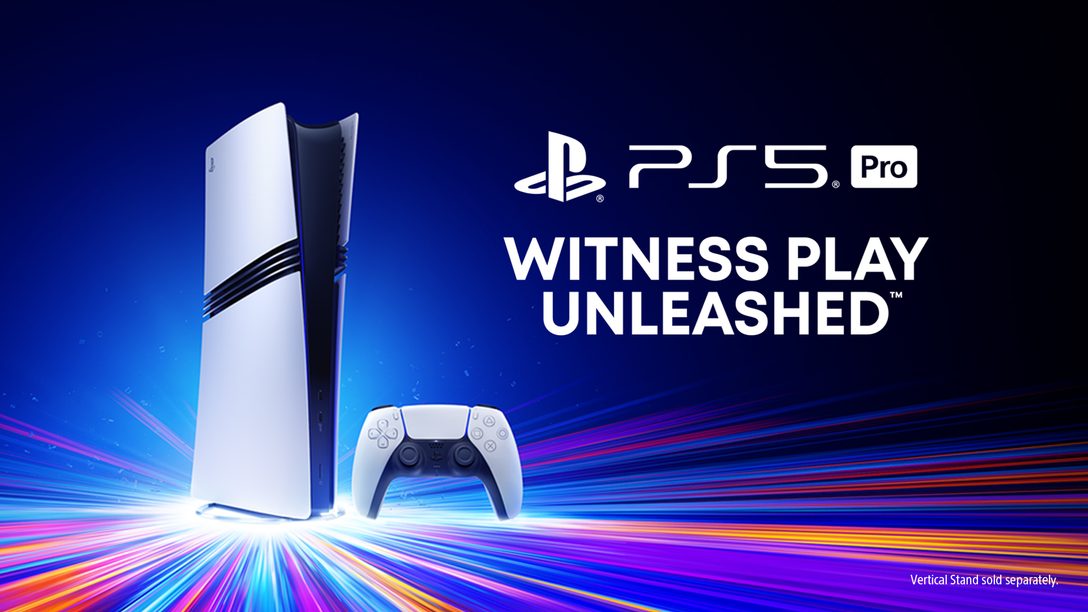
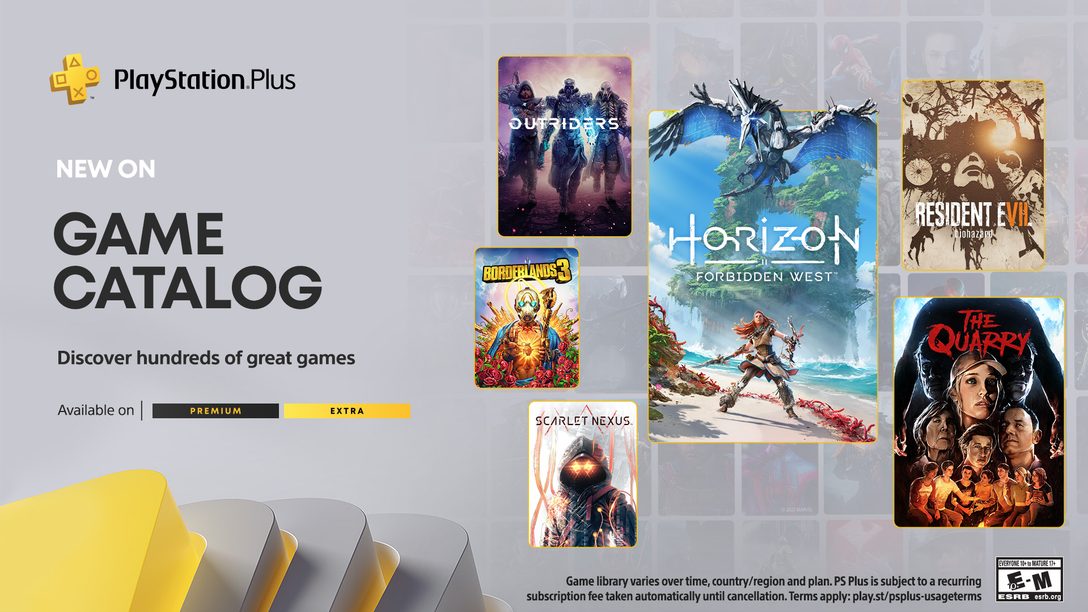

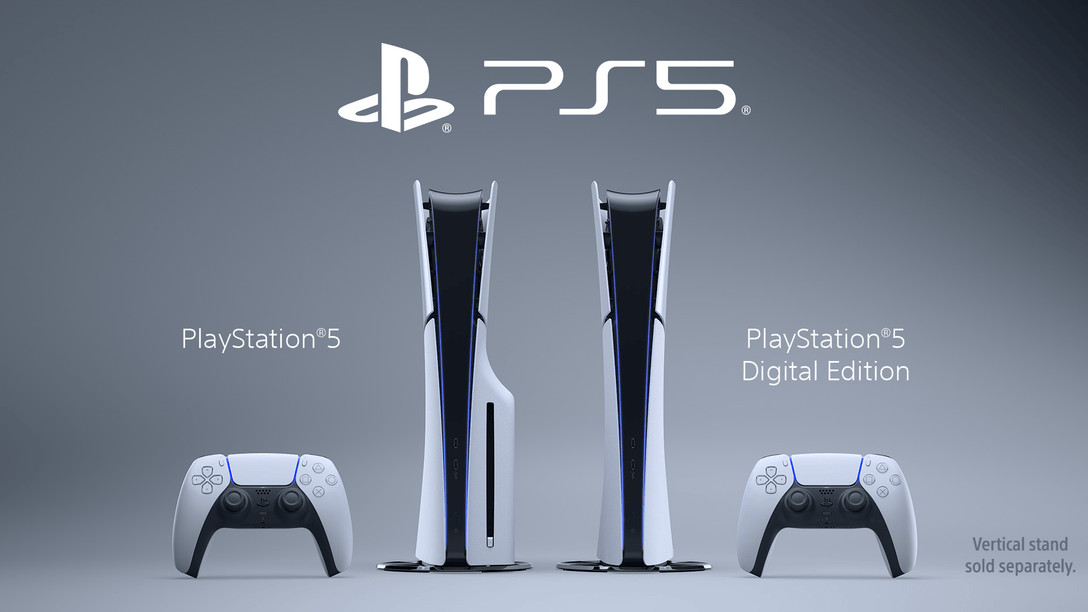
Join the Conversation
Add a CommentBut don't be a jerk!
36 Comments
Loading More Comments